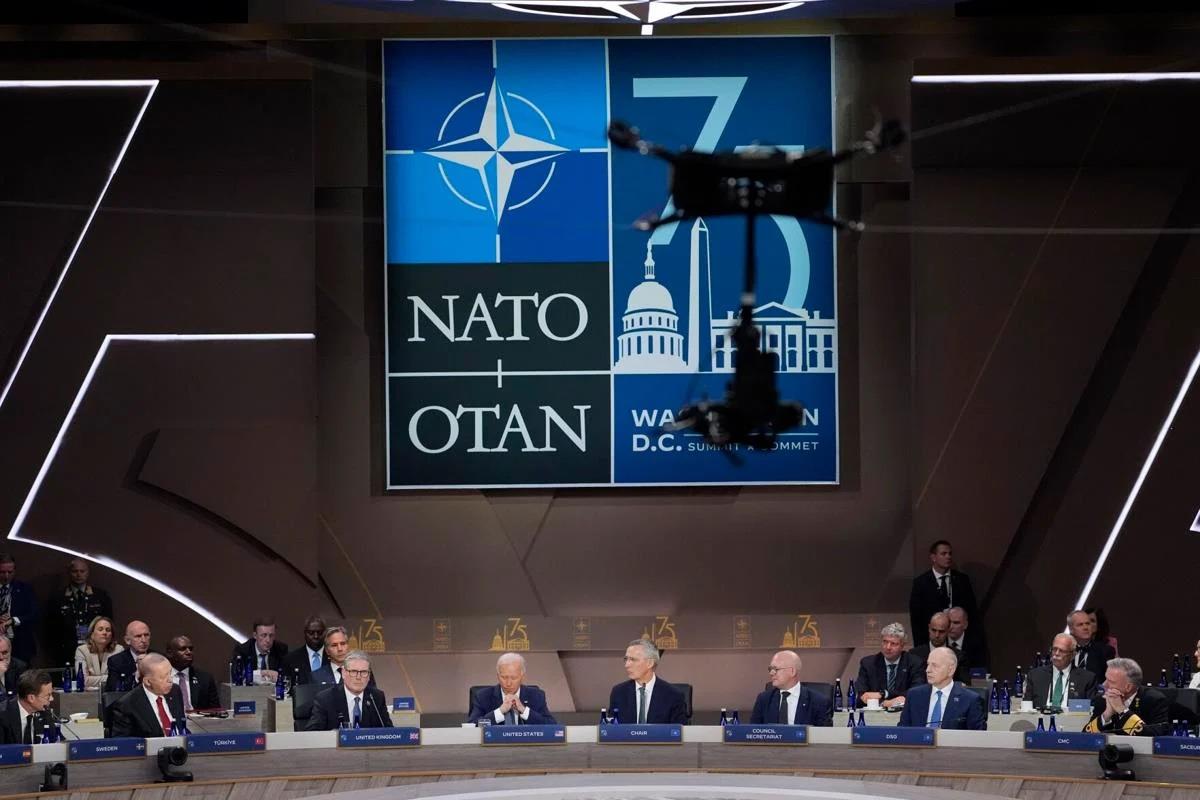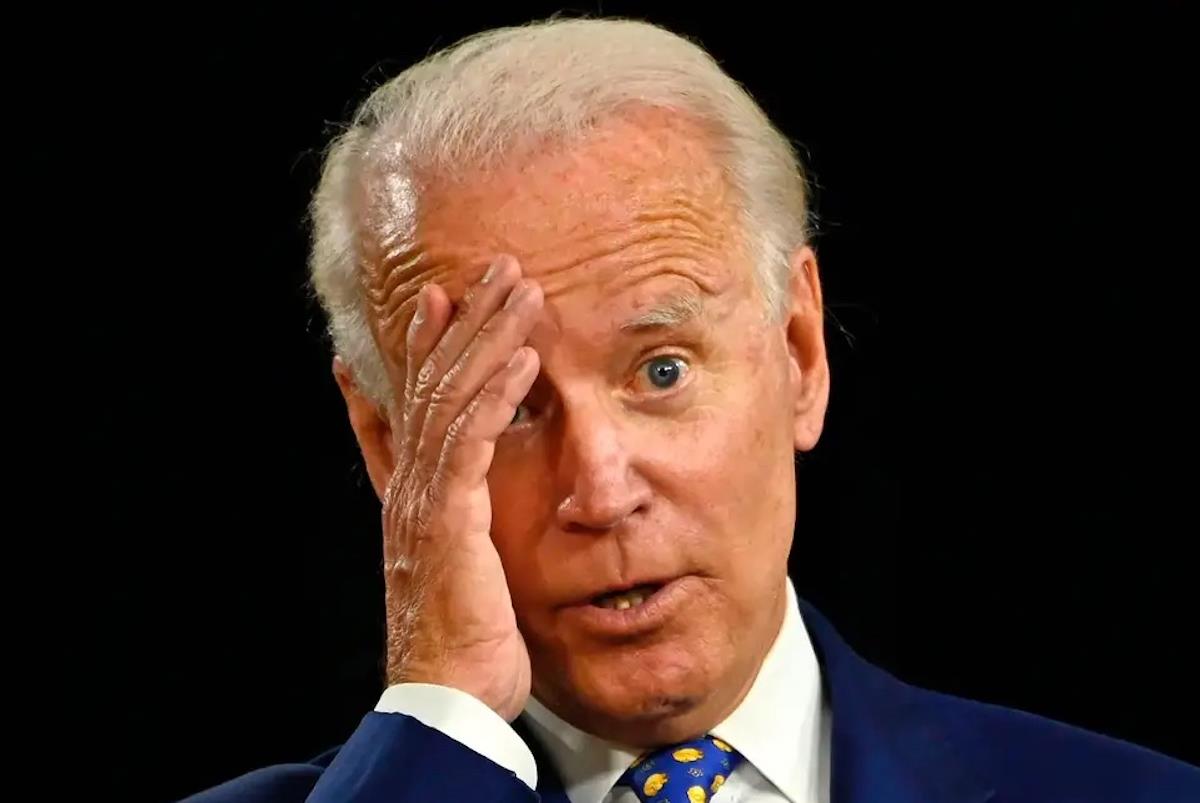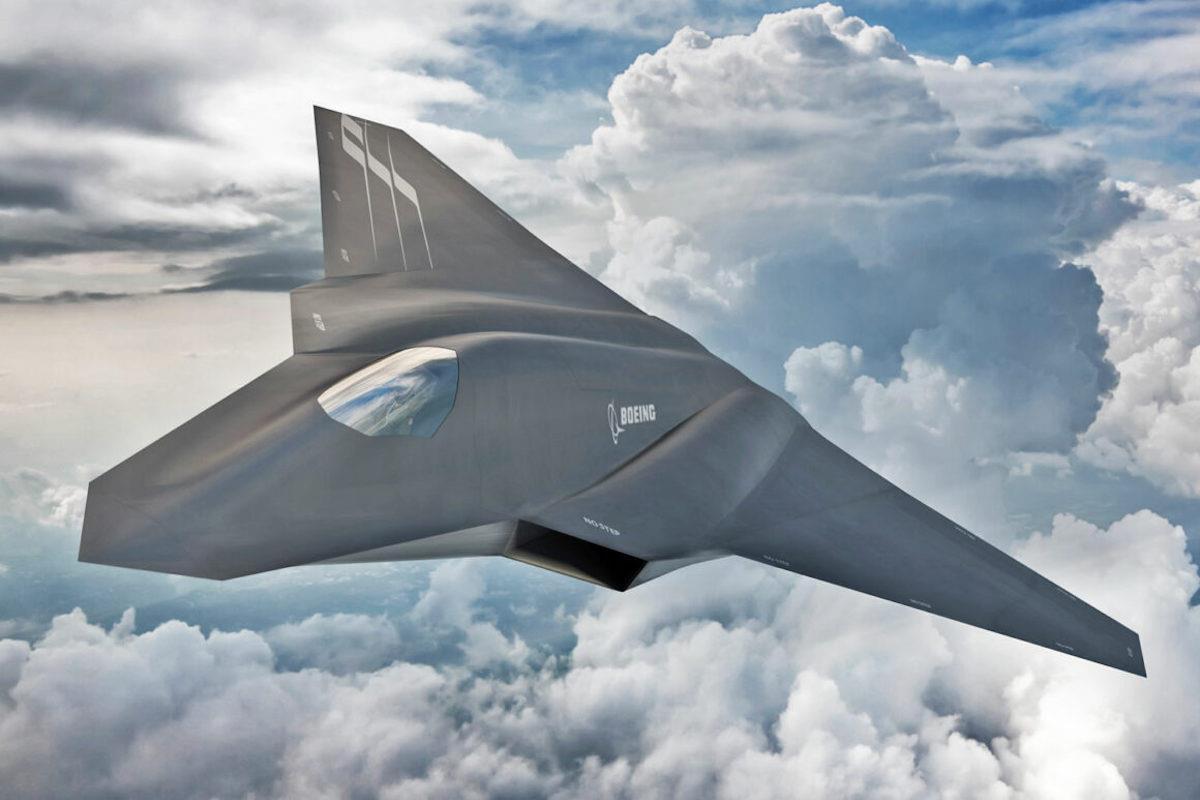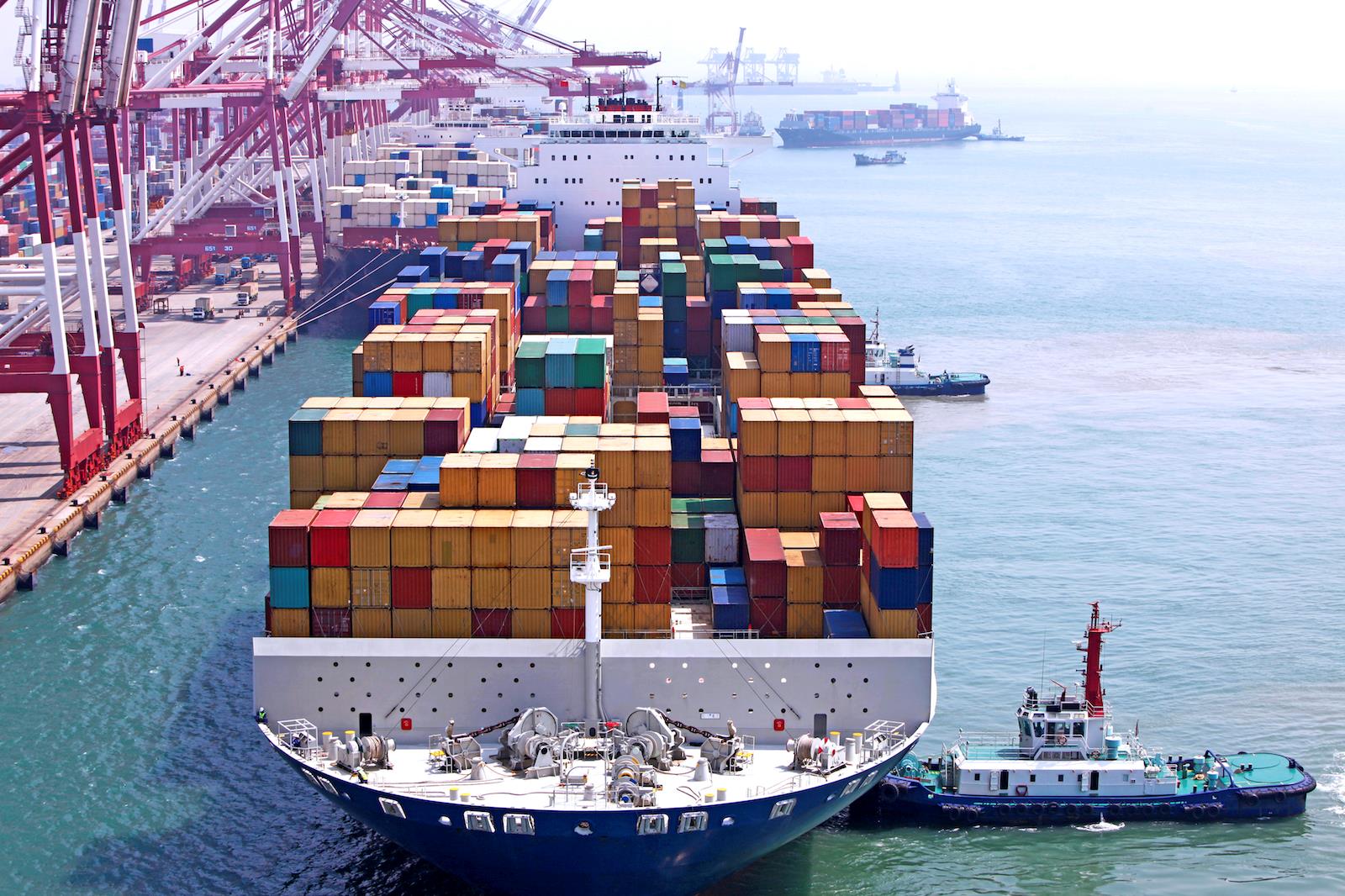
NATO De Facto Fueling Indo-Pacific's Re-Militarization
That contrasts markedly with most of the post-Cold War period, when the region's priority shifted toward economic prosperity and a degree of de-militarization, including in the case of the Philippines, seen in the closure of major Cold War-era American military bases.
In recent weeks and months, on the other hand, a complex web of inter-regional and intra-regional linkages has been forged or re-enforced across this vast land and maritime area.
This is happening in the context of intensifying great power rivalry between the US, its NATO allies and Western-oriented regional partners jostling for control and influence against the rising powers of China, Russia and other regional states seen variously by the West as strategic or dangerous competitors.
The latest iteration of re-militarization arises in the expansion of the North Atlantic Treaty Organization (NATO) into the region. Although NATO does not, as yet, have a physical presence anywhere in the Indo-Pacific, the transatlantic organization is forging ties in new spheres with its principal partners there, including Japan, Australia, South Korea and New Zealand.
Several new initiatives were agreed at its annual summit in Washington DC involving the development of cybersecurity, tackling hybrid threats, promoting interoperability and beefing up general defense cooperation.
It's not just the Indo-Pacific's most advanced economies that are forming military partnerships: The Philippines is foremost among the region's developing economies to launch a series of new defense deals.
The most recent and notable has been its security pact with Japan, which was symbolically signed on the eve of the NATO summit.
The agreement, which was partly driven by growing concerns over Manila's recent clashes with China in the South China Sea, facilitates the deployment of each other's forces on their respective territories for joint drills.
It is the first defense agreement between Japan and another Asian country since the end of World War II and the former's brutal occupation of many regional countries, including the Philippines. Manila had earlier concluded a similar Visiting Forces Agreement with Australia, as indeed has Japan.
Perhaps the most controversial military pact launched by the Philippines has been with the US in the form of the Enhanced Defence Cooperation Agreement (EDCA).

Legal Disclaimer:
MENAFN provides the
information “as is” without warranty of any kind. We do not accept
any responsibility or liability for the accuracy, content, images,
videos, licenses, completeness, legality, or reliability of the information
contained in this article. If you have any complaints or copyright
issues related to this article, kindly contact the provider above.






















Comments
No comment